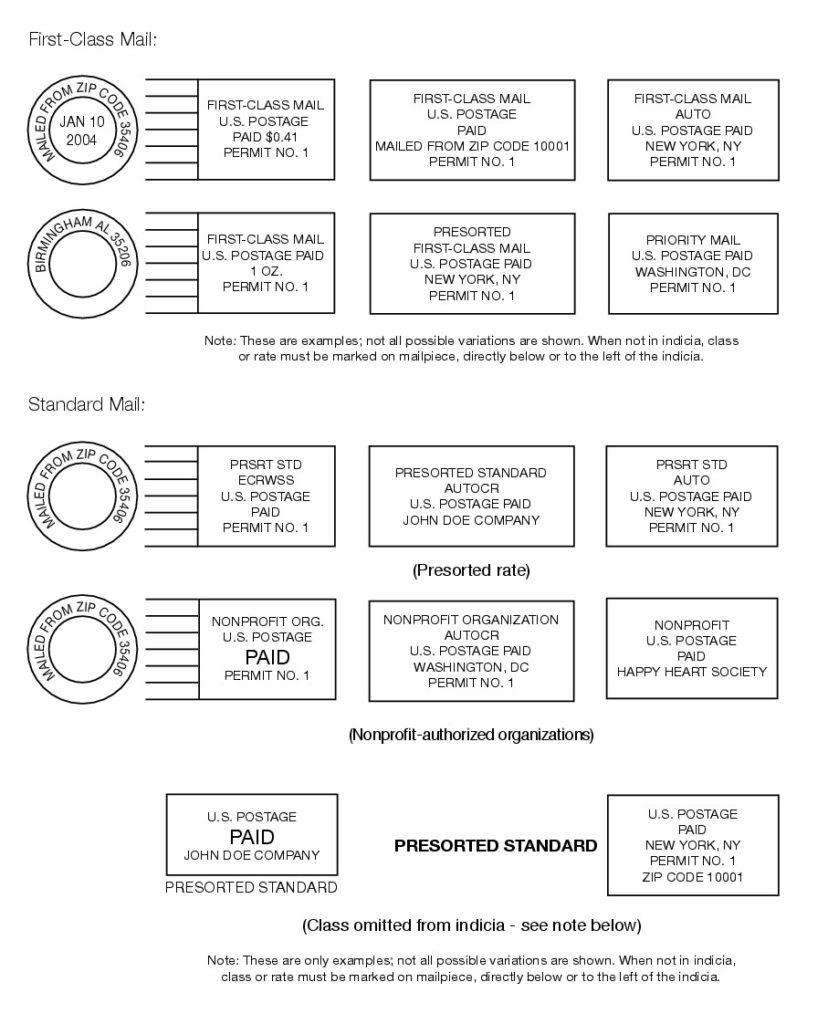In the vast world of advertising, direct response marketing stands out not just for its ability to elicit immediate actions from consumers but also for its inherent capability to build accountability within marketing departments. This form of marketing is uniquely positioned to offer clear, quantifiable insights into the effectiveness of each campaign, making it an essential tool for marketers aiming to validate their strategies and optimize their budgets.
Direct Response Marketing Defined
Direct response marketing is designed to invoke an immediate response from potential customers, prompting them to take a specific action such as making a purchase or signing up for a newsletter. This immediacy is what sets it apart from other types of marketing, where results may be more diffuse or delayed.
Accountability Through Measurable Outcomes
The cornerstone of direct response marketing is its ability to be measured precisely. Every campaign can be tracked in real-time, with metrics such as response rates, conversion rates, and cost per acquisition readily available. This transparency allows marketing teams to see exactly what is working and what isn’t, fostering a culture of accountability. Teams can no longer hide behind vague metrics or uncertain results; instead, they must own up to each campaign’s performance and learn from it.
In addition to real-time tracking, direct response marketing allows organizations to set specific, targeted goals for each campaign. This practice transforms abstract objectives into tangible targets that are easily understandable and achievable. When marketing teams have clear goals, assessing performance becomes straightforward, encouraging a results-driven approach that benefits the entire organization. Furthermore, these measurable outcomes ensure that teams are not just busy but effective, creating a direct link between marketing activities and company revenue, enhancing accountability across all levels.
Moreover, the granularity of data available in direct response campaigns helps in refining marketing strategies. By analyzing the exact customer actions that led to conversions, marketing teams can optimize their approaches based on solid data, reducing guesswork and enhancing the accountability of marketing decisions. This level of detail provides invaluable insights into customer preferences and campaign triggers, which are crucial for continuous improvement in marketing tactics.
Cost-Effectiveness and Budget Optimization
Another aspect where direct response marketing builds accountability is in budget management. Since every aspect of a direct response campaign can be measured, it becomes easier to allocate budgets more effectively. Marketing departments can justify campaign spend with real numbers, and more importantly, they can quickly halt or pivot strategies that are not delivering expected results, ensuring financial resources are not wasted.
Direct response marketing not only allows for precise budget allocation but also maximizes the return on every dollar spent. By investing in campaigns that have proven to yield results, companies can significantly reduce wasted expenditure on underperforming strategies. This methodical approach to spending ensures that marketing budgets are spent wisely, promoting financial discipline within the department. Additionally, the ability to halt or scale campaigns based on performance protects the company’s financial interests, making direct response marketing a cost-effective choice for businesses of all sizes.
In situations where budget constraints are tight, the insights garnered from direct response campaigns allow marketing teams to make impactful decisions that do not require large financial outlays. For example, small tweaks to copy or targeting can result in significantly better performance without additional spend. This ability to “optimize on the fly” ensures that even limited budgets are utilized in the most effective manner possible, stretching each dollar further towards achieving desired outcomes.
Enhanced Decision-Making Processes
With clear data on campaign performance, decision-making becomes more straightforward and grounded in reality. Marketing teams are held accountable not only for the outcomes but also for their decisions leading up to those outcomes. If a particular approach fails to deliver, the team must analyze why and adjust accordingly, which in turn promotes a deeper understanding of the market and the strategies that work best.
With data-driven insights at their fingertips, marketers can make more informed decisions that align closely with the strategic goals of the business. This informed decision-making process reduces the risks associated with new campaigns, as predictions based on data are typically more reliable than those based on intuition alone. Furthermore, when decisions are backed by data, they can be more easily justified to stakeholders, increasing confidence in the marketing department’s ability to deliver results.
Additionally, this enhanced decision-making process empowers marketing teams to experiment confidently with new ideas. Since each decision is measured and analyzed, even unsuccessful experiments provide valuable learning opportunities without the risk of significant losses. This ability to learn from each action builds a smarter, more agile marketing team that is better equipped to adapt to changing market conditions and consumer preferences.
Responsiveness to Consumer Behavior
Direct response marketing also allows for an agile marketing approach. Teams can test different messages and offers in real-time and modify their campaigns based on direct consumer feedback. This responsiveness not only improves campaign effectiveness but also holds the marketing team accountable to stay aligned with consumer preferences and behaviors. It challenges marketers to be continuously innovative and responsive, rather than complacent.
Direct response marketing excels in its capacity to adapt quickly to changing consumer behaviors. In a digital age where consumer preferences can shift overnight, the ability to pivot and reshape marketing strategies swiftly is invaluable. This responsiveness ensures that marketing efforts remain relevant and engaging, increasing the effectiveness of campaigns and strengthening customer relationships. Additionally, this agile marketing approach allows companies to capitalize on emerging trends before they become mainstream, giving them a competitive edge in the market.
Moreover, responsiveness to consumer behavior fosters a deeper connection between customers and brands. When consumers see that a brand is attentive to their needs and quick to provide solutions, they are more likely to develop a loyal relationship with the brand. This loyalty not only boosts immediate sales but also enhances lifetime customer value—a key metric for long-term business success.
Building a Transparent Marketing Culture
The inherent nature of direct response marketing—with its focus on measurable outcomes—helps in fostering a transparent culture within the marketing department. Every team member is aware of the goals and understands the metrics for success. This transparency makes it easier for managers to hold their teams accountable and for individuals to take ownership of their work.
A culture of transparency in marketing nurtures trust and collaboration among team members. When everyone understands the metrics by which success is measured, teams can unite more effectively towards common goals. This transparency also reduces internal conflicts and miscommunications, as data and results are visible to all stakeholders, making it clear what needs to be done to improve performance. Furthermore, when successes are clearly linked to specific actions, it motivates the team to continue to innovate and push for better results.
Additionally, a transparent marketing culture is crucial for maintaining credibility with external stakeholders, including investors, board members, and customers. When marketing practices are open and outcomes are clearly communicated, it builds trust and confidence in the brand. This trust is essential not only for customer retention but also for attracting new customers and investors who value integrity and openness in business practices.
Long-Term Brand Impact and Customer Loyalty
Beyond immediate sales and conversions, direct response marketing strategies can have a significant impact on brand perception and customer loyalty. By consistently meeting consumer needs and accurately measuring consumer responses, brands can build trust and loyalty over time. Accountability in direct response campaigns ensures that the brand consistently delivers on its promises, reinforcing its reputation in the marketplace.
Incorporating direct response marketing into your overall strategy not only enhances the accountability of your marketing team but also contributes significantly to the overall success and efficiency of your marketing efforts. By embracing this measurable approach, companies can ensure that their marketing departments are not just cost centers, but vital, accountable parts of the business that drive growth and profitability.
ROI Wire provides consulting services tailored to help businesses effectively implement direct response marketing strategies. Our approach ensures that businesses not only understand the mechanics of direct response marketing but also how to execute it in a way that maximizes engagement, conversions, and ultimately, returns on investment. ROI Wire’s consulting services can provide the insights and support needed to achieve measurable success and foster accountability.










